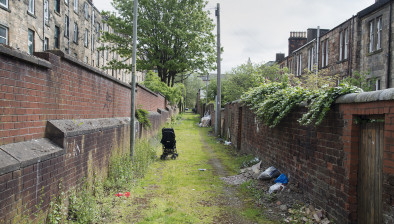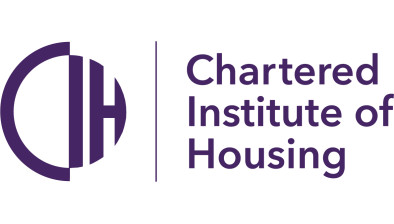England: Renters Reform Bill to be published next week

Legislation that aims to improve conditions for private renters in England is due to be published and introduced into Parliament next week, four years after it was initially discussed.
The Renters’ Reform Bill is expected to include a wide range of reforms including the much-publicised abolition of Section 21 eviction powers for landlords, a strengthening of Section 8 eviction powers, a mandatory landlord register and the introduction of a Decent Homes Standard for the private sector akin to that operating for social housing providers now.
Housing secretary Michael Gove confirmed on Sky News that the bill will begin a few days after the King’s coronation.
Mr Gove has told Sky News: “We’re introducing new legislation, it will be out next week and it will change the way in which the relationship between landlords and tenants work, providing tenants with new protection which should ensure that they’re better protected from arbitrary rent increases.”
The government set out its plans for the rental market in its White Paper of June 2022.
Last month Michael Gove held a roundtable meeting with key representatives from the private rental sector to discuss the reforms, including the NRLA, Generation Rent, Shelter, the Local Government Association, and National Housing Federation.
Section 21 of the 1988 Housing Act allows landlords to evict tenants without needing a reason. This will be abolished, with landlords having to prove legitimate grounds for eviction. Landlords intending to sell or move back in would be unable to re-let the property for three months, but this may not be long enough to deter landlords with no mortgage costs from misusing these grounds. Furthermore, under current proposals landlords using these grounds would be able to serve notice after the tenancy had lasted only 6 months, with tenants having just two months to move – the same timescales as Section 21.
Under the property portal, landlords would have to register their properties and tenants would be able to check their compliance online. However, it will be difficult to enforce this requirement if tenants have no incentive to check – making landlords liable to refund rent if they are not compliant would help drive awareness of the portal among renters and drive compliance among landlords. This is currently a feature of licensing schemes which cover around 7% of the private rented sector.
Dan Wilson Craw, acting director of Generation Rent, said: “Right now private sector tenants are vulnerable to arbitrary eviction, and it is very easy for landlords to avoid their responsibility to keep homes safe to live in. The abolition of Section 21 evictions and the new registration scheme that the Renters Reform Bill would usher in have the potential to transform the rental market, giving tenants more assurance they can stay somewhere long-term and making it easier to enforce quality standards.
“Generation Rent has been campaigning for these measures for years, but we can’t rest until we know that the Bill will achieve what has been promised. That means closing any loopholes that unscrupulous landlords could use to force out tenants simply to raise the rent or avoid their obligations, giving tenants whose landlord has a legitimate ground for eviction enough time to find a new place to live, and making it easy to identify and take action against landlords who don’t sign up to the landlord register.”







